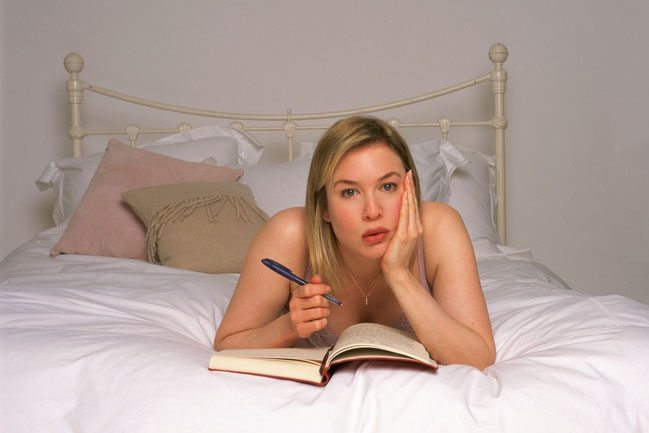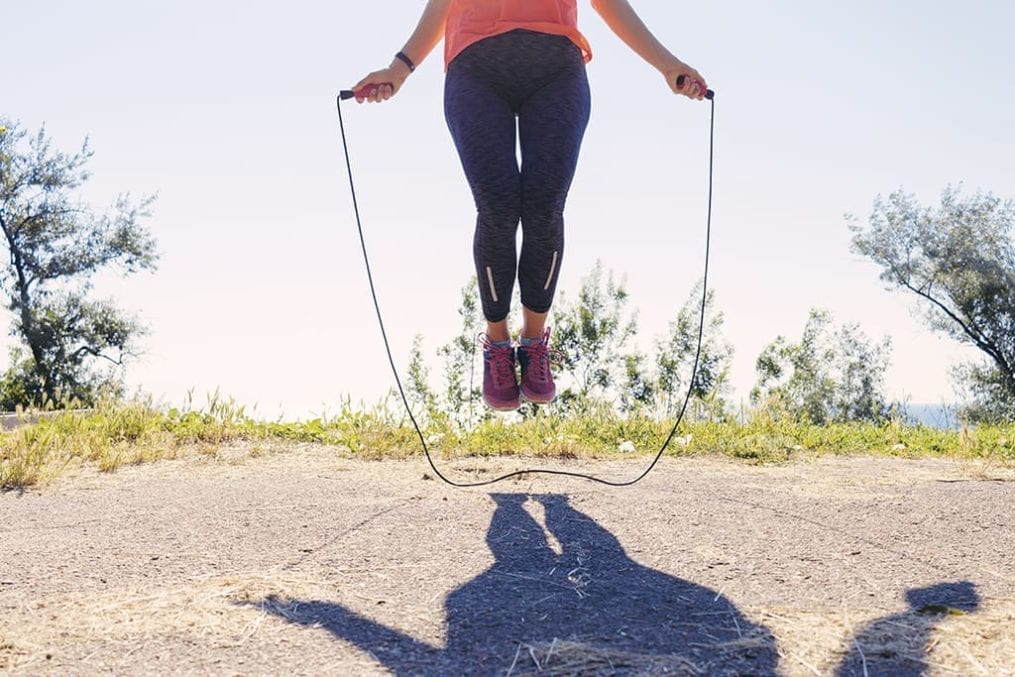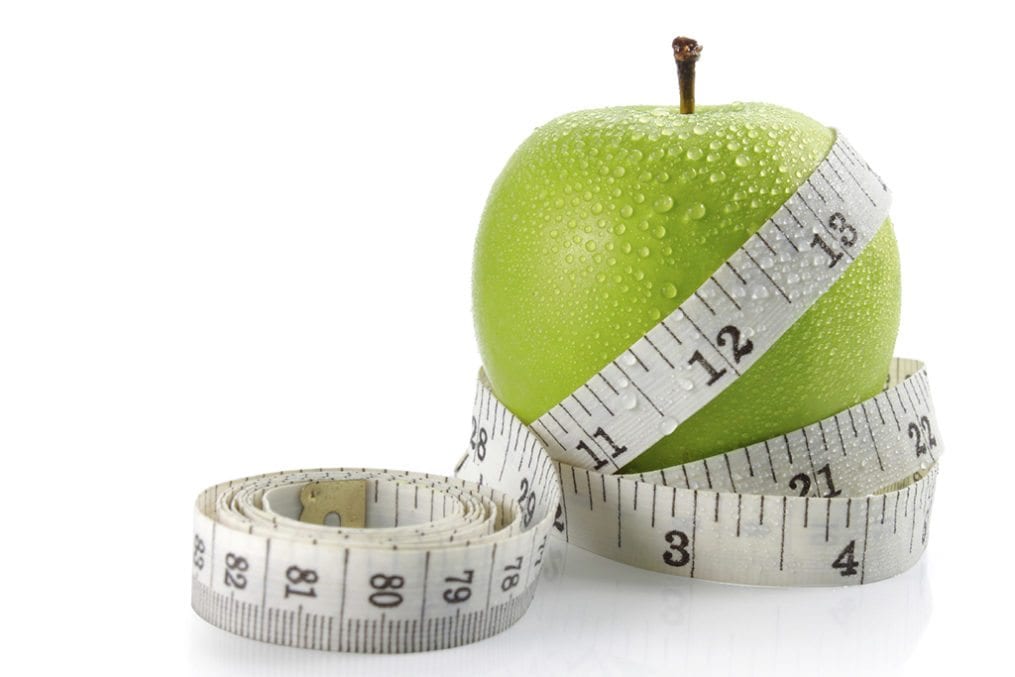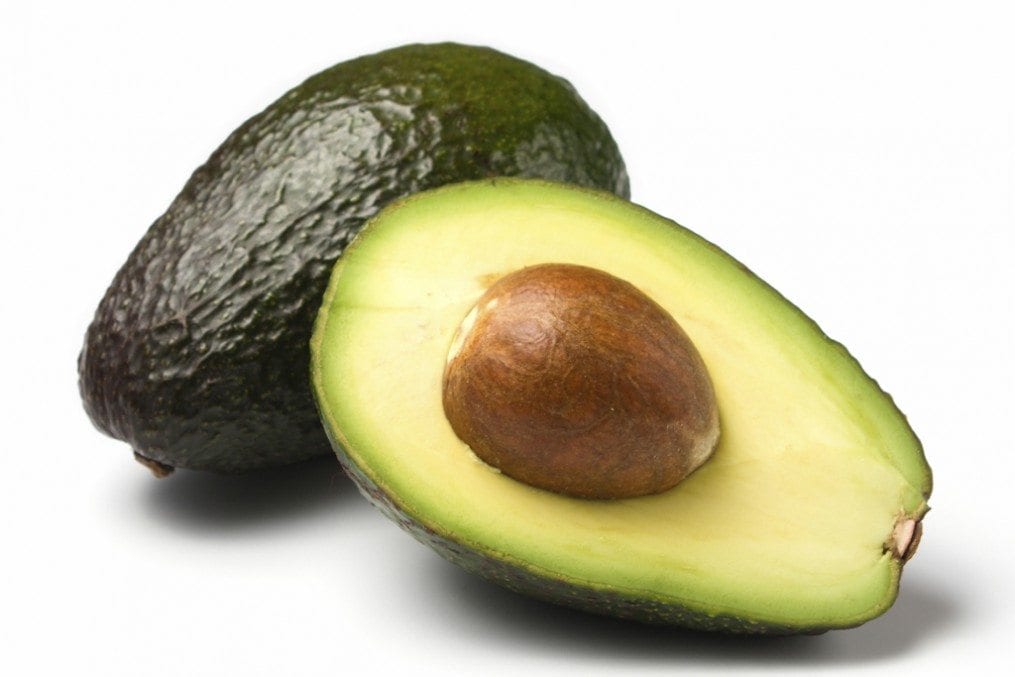The Big Debate: Is calorie counting the best way to lose weight?
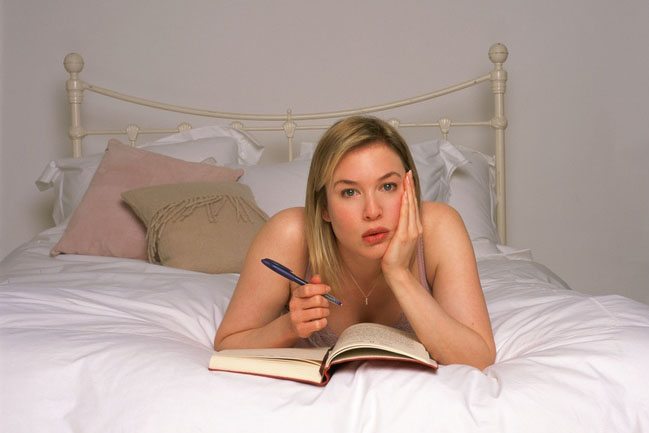
Despite years of watching what we eat, obesity rates in the UK continue to rise. So what exactly is going on? Two experts battle it out.
‘NO’ says Jonathan Bailor, diet expert and author of The Calorie Myth
We all have a set point. That’s what determines how slim or heavy we are in the long-term – not calorie counting. Nobody even knew what a calorie was – let alone how to count them – until the concept was introduced in 1824.
It wasn’t until the 1980s – the beginning of the obesity epidemic – that the term ‘calorie counting’ made it into mainstream diet and health literature. If calorie counting is required for long-term health and fitness, why were the rates of obesity, diabetes and heart disease so much lower before we even knew what a calorie was?
Up until a few decades ago, we ate foods that maintained our body’s ability to balance calories automatically around a slim set-point weight. But for the past 40 years, we’ve been eating foods – usually high in starch and sugar – that prevent the body from automatically controlling its weight because they wreak havoc with the hormonal activity designed to keep us at a healthy weight.
Studies show that the body unconsciously regulates weight within a set level. Calories count, but counting them isn’t necessary for health, when you consider that before most people knew what a calorie was, about 90 per cent of the population avoided obesity and 99 per cent of us avoided type 2 diabetes.
Why not simplify your life? Eat as much as you want, whenever you’re hungry, as long as it’s high-quality, unprocessed food the body is designed to digest. When you do this, you will unconsciously consume the appropriate number of calories, nourish your body, boost your energy – and never feel hungry.
‘YES’ says Laurence Beeken, a nutritionist for www.weightlossresources.co.uk
According to the British Nutrition Foundation, ‘to lose weight, the energy intake from food must be less than the energy output’. This is why calorie counting is the most effective weight-loss method. Energy balance is where the calories taken in are equal to the calories used by the body.
We need energy to carry out everyday tasks such as walking and moving about, but also for all the functions of the body we may not even think about. Processes such as breathing, pumping blood around the body and thinking also require energy. Exercise increases our energy output and has a multitude of health benefits for all major systems of the body.
People need different amounts of energy, depending on their basal metabolic rate (BMR), which measures the amount of energy needed to maintain basic body functions, as well as your activity level. It’s this difference between people that helps propagate the myth that calorie counting doesn’t work. With the right balance, counting calories will allow you to lose weight.
When food is broken down by the body, it releases energy, and the amount of energy (measured in units of calories or kilojoules) it contains per gram is known as its energy density. Low energy-density foods include fruit, vegetables, soup, lean protein- and carbohydrate-rich foods, while higher energy-density foods, include chocolate, fried snacks, nuts and crackers. You can control calorie intake without feeling too hungry with a diet of predominantly low energy-density foods. This is the basic premise of eating the ‘right foods’
What do you think? Do you keep slim by sticking to the numbers or is there another way to lose weight? Join in the with debate – share and tweet your opinion @healthymag
Photography: Boxofficescoop.com | Pinterest